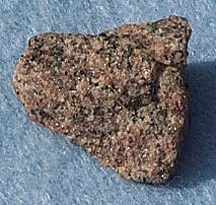
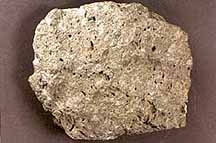
...to Geog 111 Main Page and Course Description
...to Geog 111 Syllabus
...to Geog 111 Course Schedule and Lecture Outlines
...to Geog 111 Course Project
Introduction
To understand landforms
The Earth's atmosphere
The Earth's hydrosphere
Next: An Introduction to Landform Study
Landforms shaped by
1. Earth and its Interior
Physical geographers focus on the surface of the earth: part of the lithosphere
Geologists: more concern with the interior of the earth and related processes
What we know about the interior of the Earth
McKnight Fig 13.1: Earth and its Interior
The earth's crust: diverse mix of different rock types
At the base of the crust is a narrow zone of material: Moho
The earth's mantle
McKnight Fig. 13.2: Earth's Mantle
Zones in Earth's mantle: more spheres!
McKnight Fig 13.1: Earth and its Interior
The outer core
The inner core
2. Composition of the Earth's Crust
90+ chemical elements in the crust
Most are bonded together with other elements to form compounds we call minerals
Rock: aggregated mineral particles
McKnight Fig 13.4 Bedrock
2a. Igneous Rocks
Origins
Common characteristic: crystalline structure


One way to distinguish igneous rocks is by the conditions under which they solidified
McKnight Fig 13.5a: Igneous Rocks
extrusive igneous rocks: characteristics
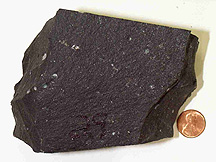
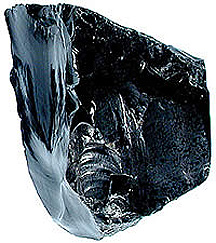
intrusive igneous rocks: cool beneath Earth's surface at a slow rate
All rocks started out as igneous: but transformed by physical processes into
two other major types of rock: sedimentary and metamorphic
2b. Sedimentary Rocks
Various physical processes (chemical or mechanical) break up rocks into fragments
Sediment: small particles of rock and organic material deposited by water, wind, or ice
Two factors are involved in turning sediments into sedimentary rock:
McKnight Fig 13.8: Pressure and Cementation
Weight (pressure) on sediments and effects
Cementation: cementing agents (silica, calcium carbonate, iron oxide) and effects
Variations in sedimentary depositing: leads to layering
Stratification: horizontal layering: characteristic of sedimentary rocks
Types of sedimentary rock: based on how they formed
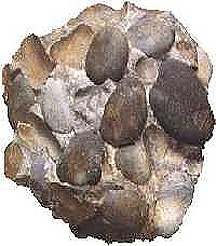
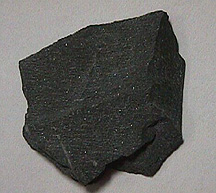
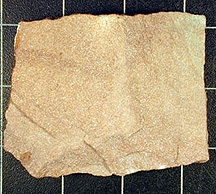
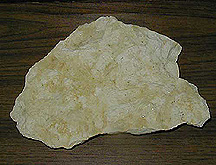
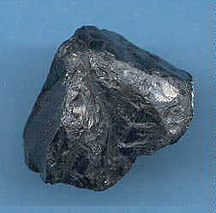
2c. Metamorphic Rock
Metamorphic rocks: origins
McKnight Fig 13.12a: Igneous and Metamorphic Rock
Common metamorphic rocks

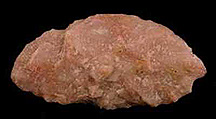
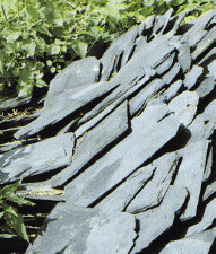
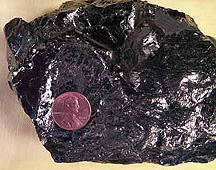
McKnight Fig 13.15: The Rock Cycle
McKnight Fig 13.16: US Major rock types at Surface
3. Additional Critical Concepts for Landform Study
Topography: surface configuration of the earth
Landform: an individual topographic feature
Geomorphology: the study of the characteristics, origins, and development of landforms
Scale of Analysis:
Geologic Time: boggling (blurb on the Magnitude of Geologic Time, p. 374-5)
4. The Process of Studying Landforms
4a. Knowing Where particular landforms are
4b. Knowing What the characteristics of the landforms are
Structure: the nature, arrangement, and orientation of the materials making up the landform being studied; essentially the geologic characteristics of the landform
Slope: angular characteristics of the landform
Drainage: how water moves over or through the landform
4c. Knowing Why the landform came to be
Process: the actions that have combined to produce a landform
McKnight Fig 13.22: Internal vs External processes
Internal processes: operate from within the earth
External processes: operate from the earth's surface or above
Sum
1. Earth and its Interior
2. Composition of the Earth's Crust
3. Additional Critical Concepts for Landform Study
4. The Process of Studying Landforms
Next: review internal processes
E-mail: jbkrygier@owu.edu
...to Geog 111 Main Page and Course Description
...to krygier teaching page.
...to krygier top page.